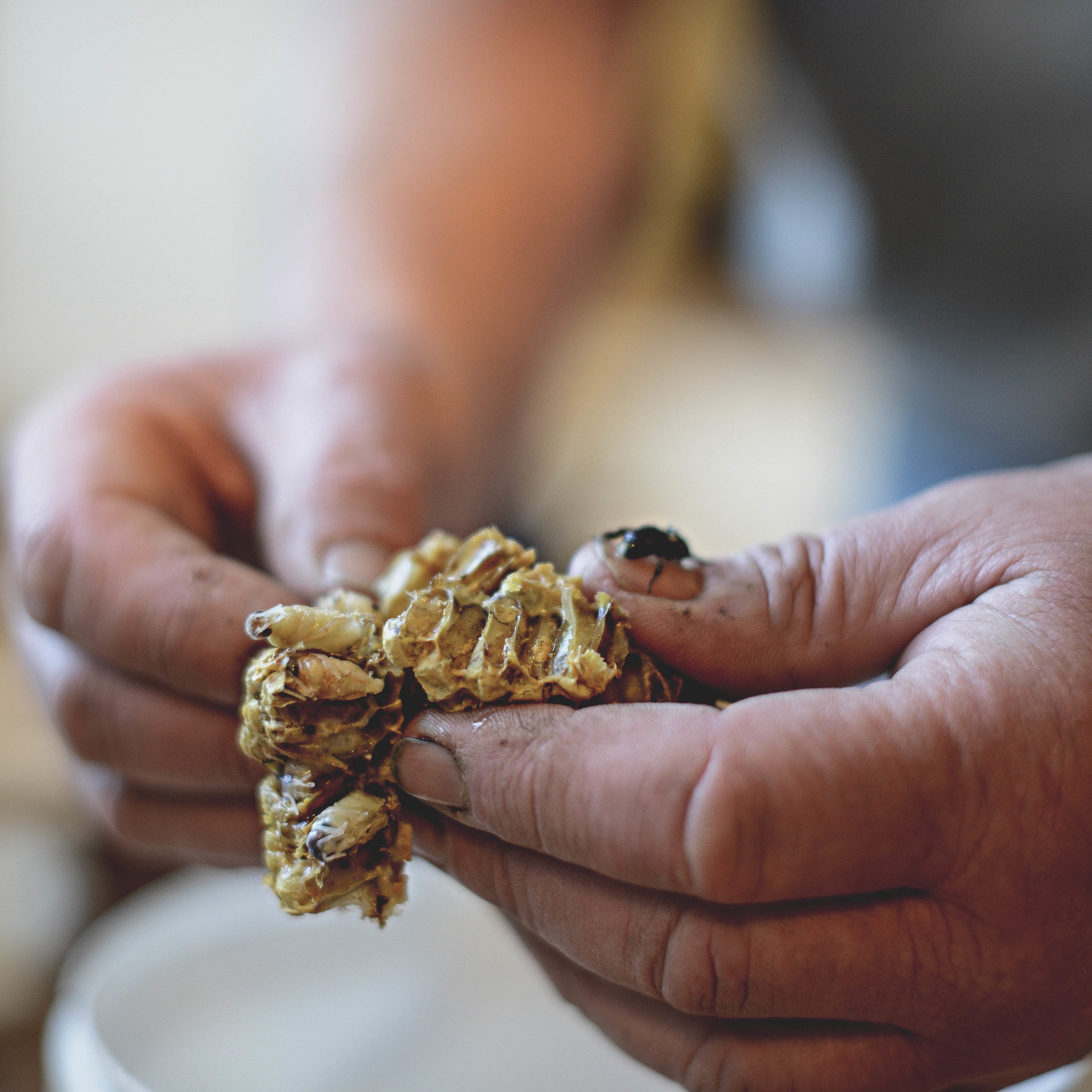Research and development...
has always been at the core of Betta Bees and we know how vitally important honeybees are to New Zealand’s ecosystem. It is estimated that honeybees contribute about $223 million (2014-15) from honey exports and even more through the pollination of arable and horticultural products. Although, NZ has seen an increase in hive numbers over the last few years, honeybees face ongoing disease and environmental challenges and so we must continue to select for a stock that will withstand those threats to ensure their survival.
One of the major threats is in the form of an ecto-parastic mite called the Varroa destructor. As beekeepers, we can do a lot to control the number of mites in the hive using both physical and chemical methods. However, the long term goal is breeding a bee that has resistance and/or tolerance to the mite. Over the past 5 years we have been selecting for both hygienic behavior and low mite infestation levels. Below is an outline of our research work.
Varroa sensitive hygiene (VSH)
Varroa Sensitive Hygiene (VSH) is a behaviour shown by some honeybees. They uncap cells containing reproductive Varroa mites and interrupt their breeding cycle. Bees with high levels of the VSH behaviour can require less treatment for varroa than normal. In 2011/12 Betta Bees established a Varroa Sensitive Hygiene (VSH) breeding programme. We purchased semen from three colonies that had high levels for the VSH trait and used it to inseminate queens raised from our top breeders. We have 25 to 30 hives in this programme and each year we undertake a VSH assay to determine the level of VSH behaviour for each hive. The hives exhibiting the highest levels of VSH behaviour are then selected and bred from, for the next years VSH evaluation hives. In this way, over time, we will increase the level of this behaviour.
The goal is to have a line of honeybees with high levels of this behaviour that we can use to introduce the trait to other lines of bees. This will allow us to quickly establish the trait in our main breeding line while maintaining the gains we have made in other areas.
We are very grateful for the support of the Honey Industry Trust whose funding has help us establish the VSH programme.
If you would like to know more about how we protect the future and wellbeing of the New Zealand honeybee, check out our partner Future Bees.



